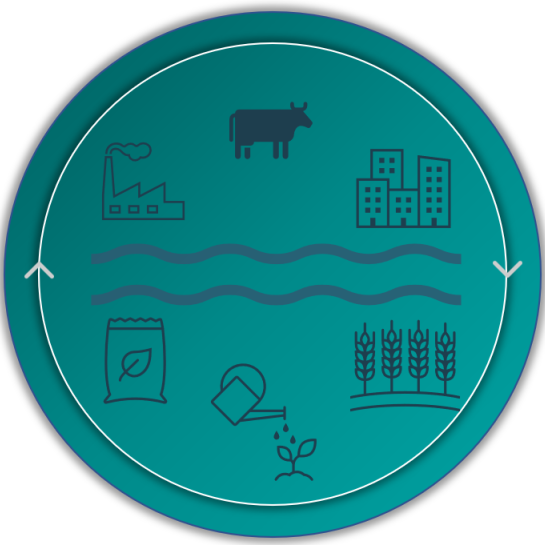Biobased fertilizers towards circular economy
Prof. Pelin Kocatürk Schumacher
Despite the increasing use of renewable resources in fertilizer technologies over the last century, the vast majority of manufactured fertilizers are still predominantly based on non-renewable resources such as mineral deposits and fossil fuels. Biobased fertilizers are a sustainable alternative to traditional chemical fertilizers. One promising source for biobased fertilizers is wastewater and organic waste containing high levels of nutrients, which are essential for plant growth. Through a variety of nutrient recovery processes, these nutrients can be transformed into biobased fertilizers that can be used in agriculture. By adopting this approach, the release of nutrients into the environment, which can result environmental pollution, can be minimized.
This seminar will be focusing on the potential of biobased fertilizers from wastewater and organic waste as a promising solution for sustainable agriculture and the development of a more circular economy by transforming waste into a valuable resource.

Opportunities and Challenges to Mitigate the Emerging Pathogens exposed to Adaptation against Climate Change
Plant Disease Epidemic (PDE) is an important event that occurs whenever the pathogens infect, develop, initiates and spreads the disease. The occurrence and severity of PDE is influenced by the climate change such as unpredictable variations in the light intensity, leaf wetness, day length, rainfall pattern, frost injury, fluctuations in temperature and humidity. The physiological alterations underlying climate change are modification of host resistance, altered development in stages of pathogen and tritrophic interaction between host, pathogen and climate which are important components of plant disease epidemiology. Introduction of new crops in an area under changed climate leads to emergence of new pathogen biotypes/races and crop protection strategies available fail to succeed leading to new disease reports or outbreaks. The disease management strategies offer challenges to mitigate the newly evolving pathogens which are exposed to adaptation due to climate change. Disease prediction models, disease assessment prior to development, forecasting disease under unpredictable weather changes, information on plant quarantine and disease management advisories benefit farmers, extension workers and policy makers. We need to exploit and adopt available disease management opportunities such as utilization of crop species diversity, host resistance, Integrated Disease Management (IDM) strategies under changed climatic conditions for sustainable agriculture.
